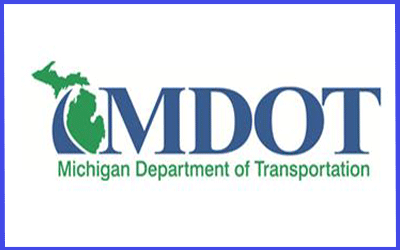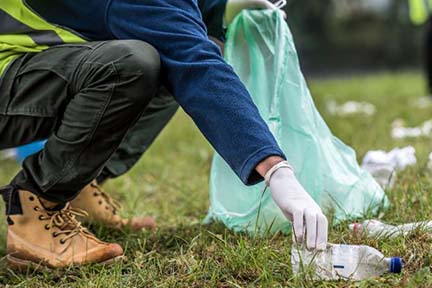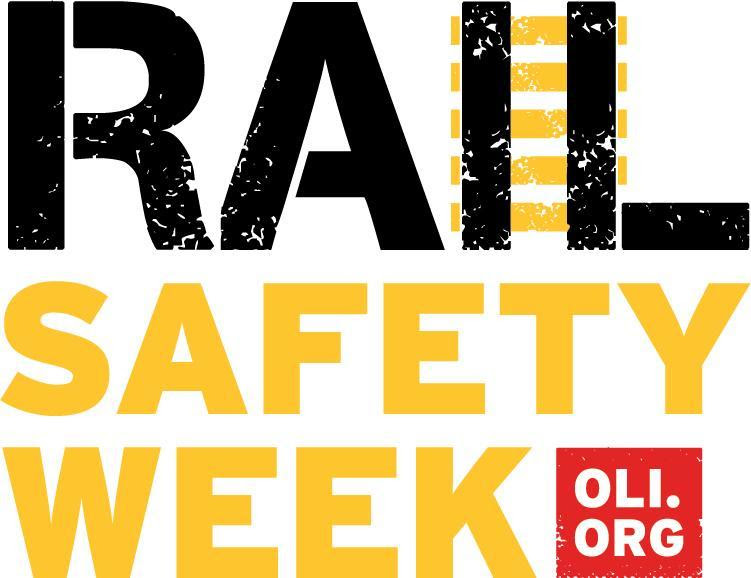
First-in-the-U.S. public wireless EV charging road
FOR IMMEDIATE RELEASE MDOT MEDIA CONTACT ELECTREON CONTACT Partners on the first-in-the-U.S. public wireless EV charging road, MDOT and Electreon enter into agreement Fast facts: LANSING, Mich. and LOS ANGELES, Calif. – Today, the Michigan Department of Transportation (MDOT) and Electreon have entered into a five-year agreement to develop and work toward implementing a scalable wireless public in-road charging network for electric vehicles (EV). A first in the United State, the in-road system charges EVs while in motion or stationary. “This agreement helps solidify Michigan as the U.S. leader in developing and implementing a wireless in-road charging network,” State Transportation Director Paul C. Ajegba said. “We now can work toward better policy and regulatory framework that provides a welcoming environment for this unique technology. Ultimately, the research and work conducted on this project will help lead to large-scale deployment across Michigan and the U.S.” Under the agreement, MDOT and Electreon will work collaboratively to develop best practices for a wireless electric road system (ERS) implementation and management and add strategic partners. They will analyze the benefits associated with ERS pertaining to pressure on the grid and cost associated with large-scale electrification of the transportation sector, integrate it in the 2045 electrification strategy, leverage state and federal funding, and explore possible business models for ERS to serve as a revenue stream for the state and as an attractive alternative for fleet operators. Reduction of pollution will be addressed, especially in economically disadvantaged neighborhoods, and public transit agencies will be engaged to ensure accessibility to the wireless ERS infrastructure. “The potential for electrifying roads and cities is practically endless and working together with MDOT we are reshaping the future of transportation,” said Oren Ezer, CEO and co-founder of Electreon. “Through ongoing collaboration on our Detroit project, MDOT has proven to be innovative leaders in the industry. We’re excited to enter into this agreement to create a blueprint for scaling wireless charging for all EVs across Michigan and the U.S. and look forward to aligning with additional DOTs in the future.” In February of this year, the State of Michigan announced Electreon was awarded a contract to build a 1-mile ERS in Detroit. The company is leading the development, design, evaluation, iteration, testing, and implementation of the inductive vehicle charging pilot program, which aims to be operational as of 2023. Working with NextEnergy and Jacobs Engineering Group, the project is being hosted by and live within Michigan Central, a mobility innovation district, and supported by partners like Ford Motor Co., DTE Energy, and the City of Detroit. The parties believe that electrified roadways have the potential to accelerate adoption of EVs by consumers and fleet operations alike by enabling continuous vehicle operations and turning public streets into safe and sustainable shared energy assets. The State of Michigan is exploring electrifying state-owned vehicles by 2030, including EV trucks, vans, and cars. |







